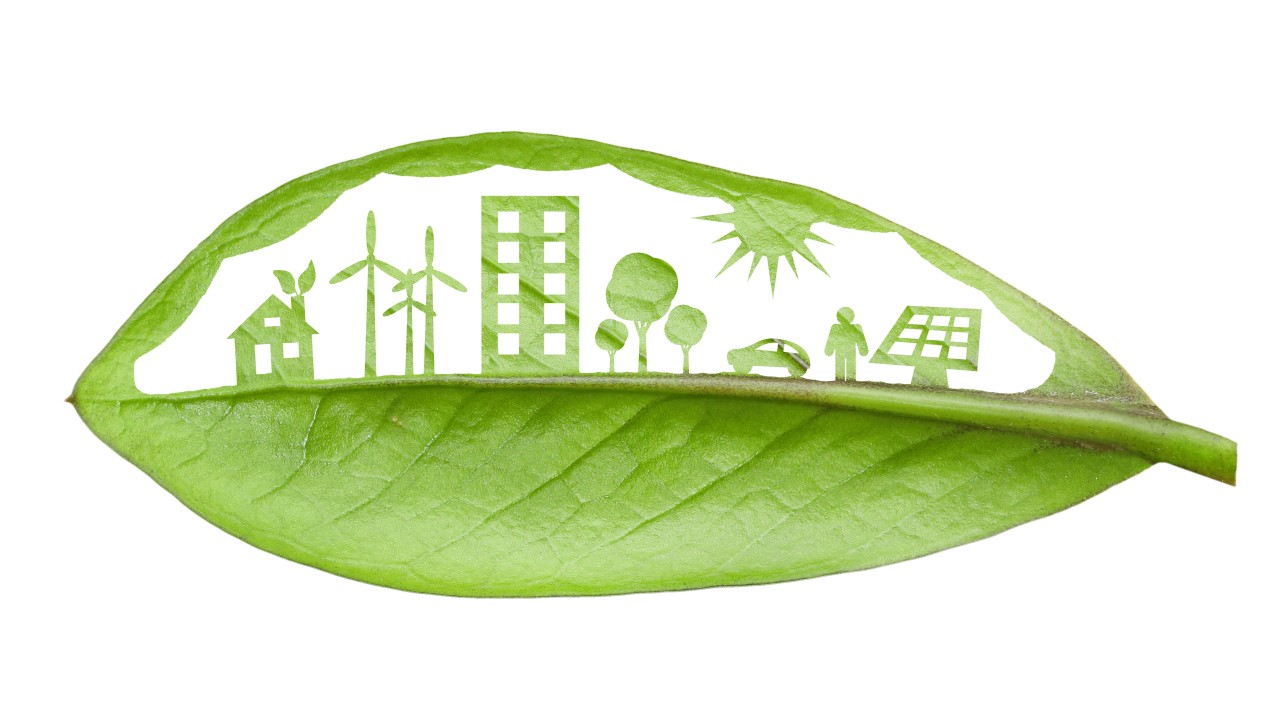
Australians vote for strong climate action
Votes are still being counted and several seats are still in the balance, but one lesson from the 2022 federal election is unmistakeable: Australians want stronger national action on climate change.
After a decade of climate policy stagnation and brawling, after three years of devastating fires, floods and droughts, Australians want to accelerate our country’s transformation into a sustainable society.
We have seen and felt the devastating impacts of climate change and know we cannot delay any longer: we need to set the world onto a sustainable path by 2030.
Australians also recognise the immense opportunities in the emerging green economy as well as the need to support workers and communities through the transition. Australia is blessed with all the raw materials – sun, wind, space, critical minerals, STEM expertise and entrepreneurial spirit – to become a renewable energy superpower. We should aspire to be a climate leader in the Asia-Pacific region and indeed the world.
Climate and the environment did not feature prominently in the six-week election campaign, but they were clearly at the front of many voters’ minds. According to the ABC Vote Compass survey, completed by more than 1.5 million Australians, 29% of Australians saw climate change as the most important issue in this election (and another 8% nominated the environment).
No other issue came close to climate change for perceived importance – next were ‘cost of living and affordability’ and ‘economy and finance’, both nominated by 13% of people.
In electorates across the country, there were major swings to candidates who advocated bold climate action, most notably the teal independents and the Greens. These candidates were also significant for the way they built their campaigns on grassroots engagement and organising. They were deeply connected to their local communities and spoke up for the causes they cared about.
The 47th Parliament of Australia has a mandate for stronger climate policy. They have an opportunity to pursue steeper carbon emission reductions and introduce a suite of energy, industry and environmental policies and plans that enable us to achieve a strong 2030 target.
More broadly, I hope that the climate conversation in Australia is moving to a new phase, that politicians and parties across the political spectrum, hearing the message from voters, will support climate action for the benefit of Australians and the world.
The Australian university sector is ready and willing to support the climate transition through its research and innovation, education and training, campus management and operations. A 2021 Times Higher Education report found that Australian and New Zealand universities have the most comprehensive and ambitious net zero commitments in the world.
At QUT, we are taking climate action on many fronts. We are conducting research into clean energy, sustainable agriculture, environmental monitoring and management, waste and the circular economy. We started offering a Climate Science minor this year and we are embedding a focus on sustainability in all our undergraduate degrees. We aim to be net zero for all greenhouse gas emissions (scope 1, 2 and 3) by 2030.
Our staff and students support QUT’s strategic commitment to environmental sustainability: a recent survey showed that 96% agree or strongly agree that sustainability should be a top priority for QUT.
This is the decade for action.
The public and political climate have changed: now to confront the real climate.